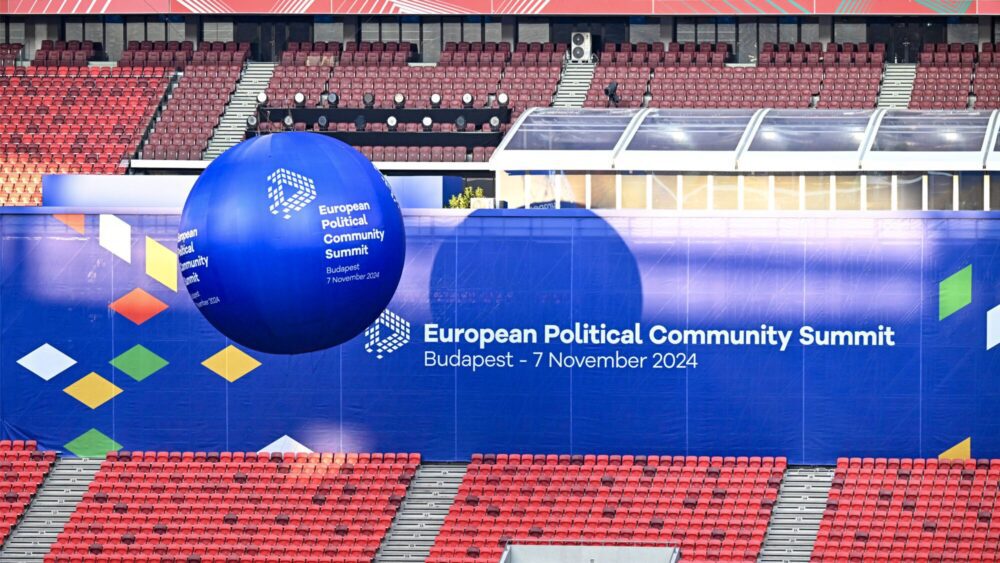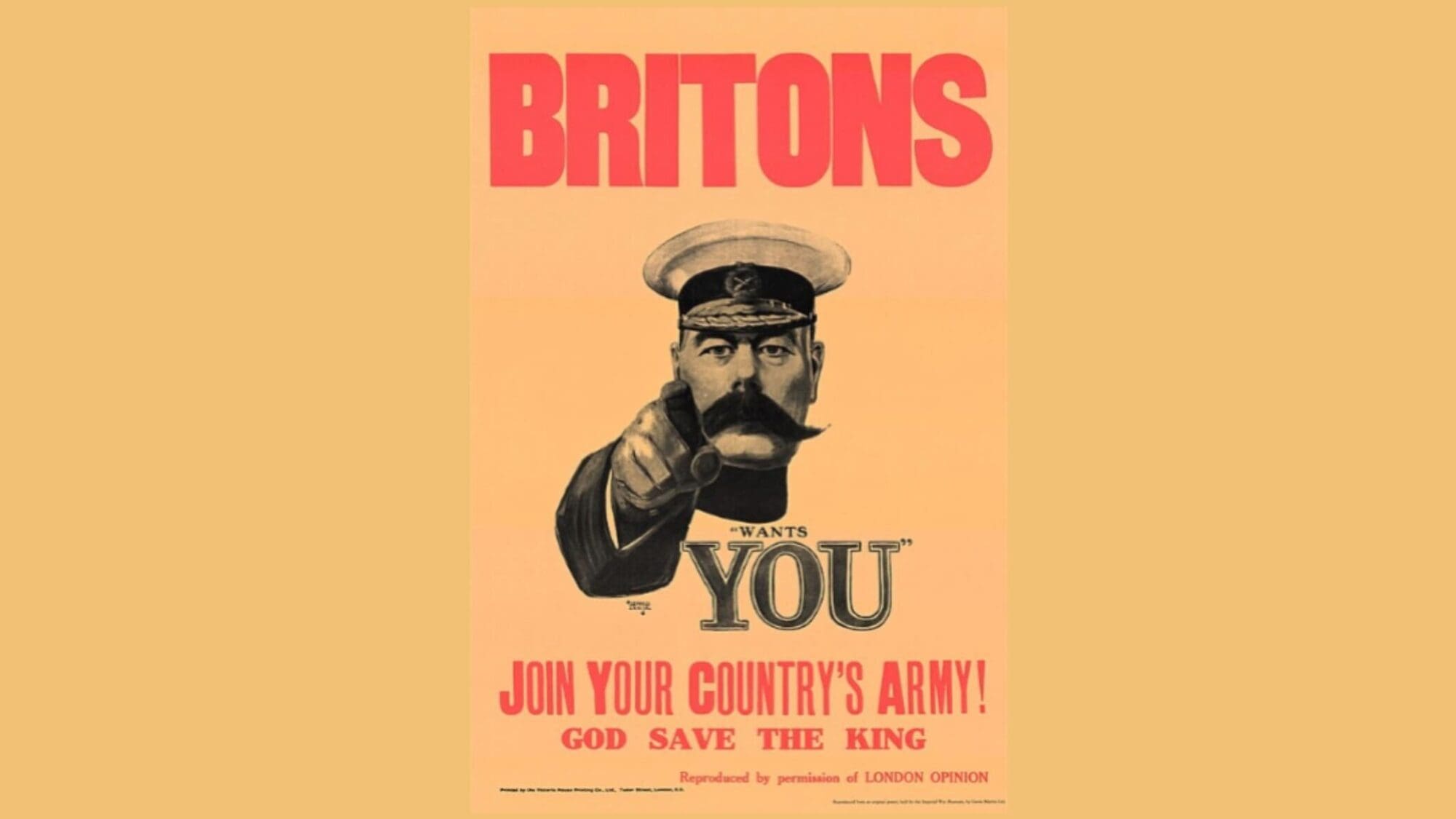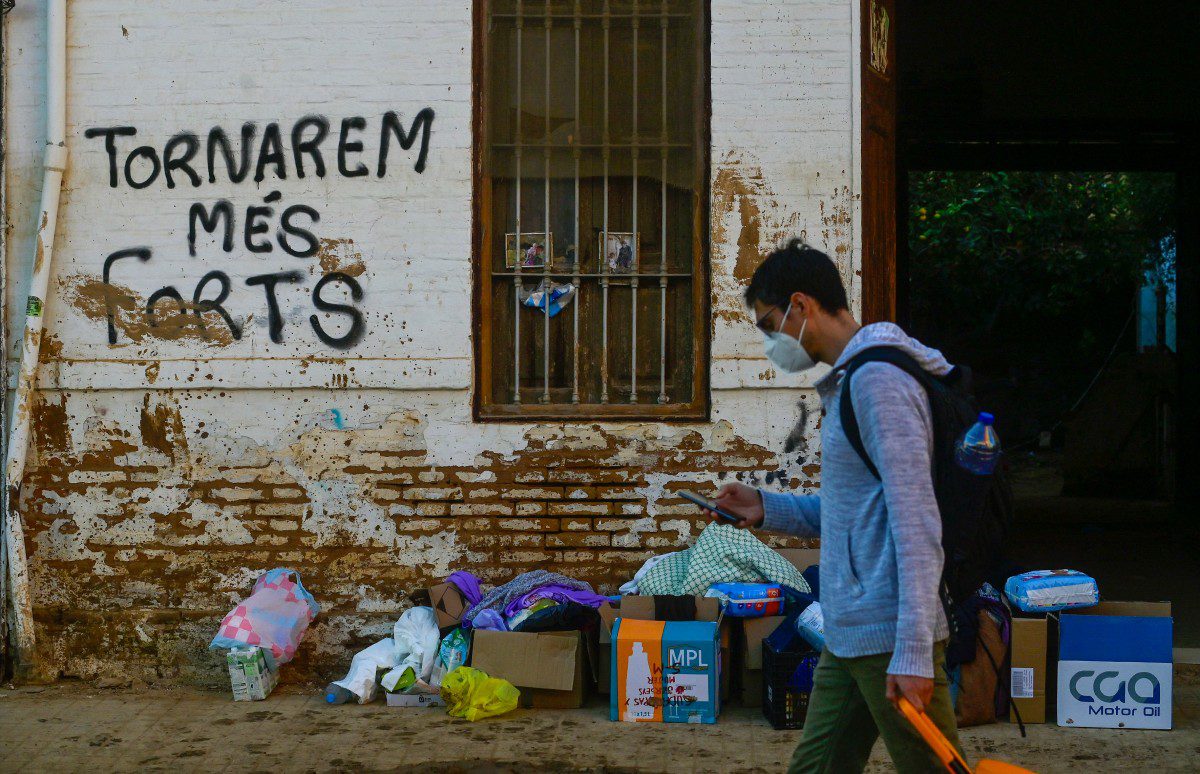Almost all of Europe’s leaders are attending a summit in Budapest on Thursday, November 7th. The European Political Community (EPC)—a forum for future-oriented political and strategic discussions established in 2022 after the Russian invasion of Ukraine—will focus on the threats facing the continent.
The war in Ukraine, security, the migration crisis, and waning European competitiveness will all feature heavily during the talks between the 27 European Union member states, as well as non-EU members, such as the United Kingdom, Turkey, and the Western Balkan and Caucasian states.
Donald Trump’s U.S. presidential election victory and the German left-liberal government’s collapse will also be talking points. Trump’s more isolationist and anti-war stance could impact future Western support for Ukraine, and some European leaders are also worried that he will carry out plans to tax goods imported into the U.S.
Meanwhile, a new German government—which would likely be led by the centre-right CDU if snap elections are called—could bring about a more hawkish attitude towards the war, as well as a tougher crackdown on illegal immigration.
The meeting, which is to be followed by an informal EU summit later on Thursday and on Friday, is hosted by the current EU presidency of Hungary, whose conservative prime minister Viktor Orbán has urged the EU to act on making Europe more competitive, and stepping up its challenge to mass migration by outsourcing asylum applications to non-EU countries.
Orbán has also drawn the ire of most of the EU leaders by advocating peace, and refusing to send weapons to Ukraine, frequently blocking the EU from making such moves. His peace mission earlier this year to Kyiv, Moscow, Beijing, and Washington D.C., especially meeting with Russian President Vladimir Putin, angered his EU partners, but Orbán has made it clear that diplomacy is the only solution, as providing more military assistance to Ukraine, which cannot beat Russia on the battleground, is a strategy that is doomed to fail.
In Donald Trump, he has found a close ally, as the next and former president has said he would strive to bring an end to the war as soon as possible. “For the world, it means the hope for peace,” Orbán tweeted following Trump’s comeback victory.
Nevertheless, Ukrainian President Volodymyr Zelensky, who is also attending the summit in Budapest, is expected to make another plea for more Western support. On Wednesday, he tweeted that he had spoken to Trump on the phone, and that they had agreed to “maintain close dialogue and advance our cooperation.” Zelensky added that “strong and unwavering U.S. leadership is vital for the world and for a just peace.”
Speaking to Hungarian daily Magyar Nemzet, Zoltán Kiszelly of the Századvég Alapítvány think tank said that Europe now faces the need for a balanced approach that considers changes in American politics and adapts to the new framework of transatlantic relations.
Donald Trump and the American people think like we Hungarians do on most issues—on war, on fundamental values, on matters of the economy, family values, and much more. Europe must adjust to this.




